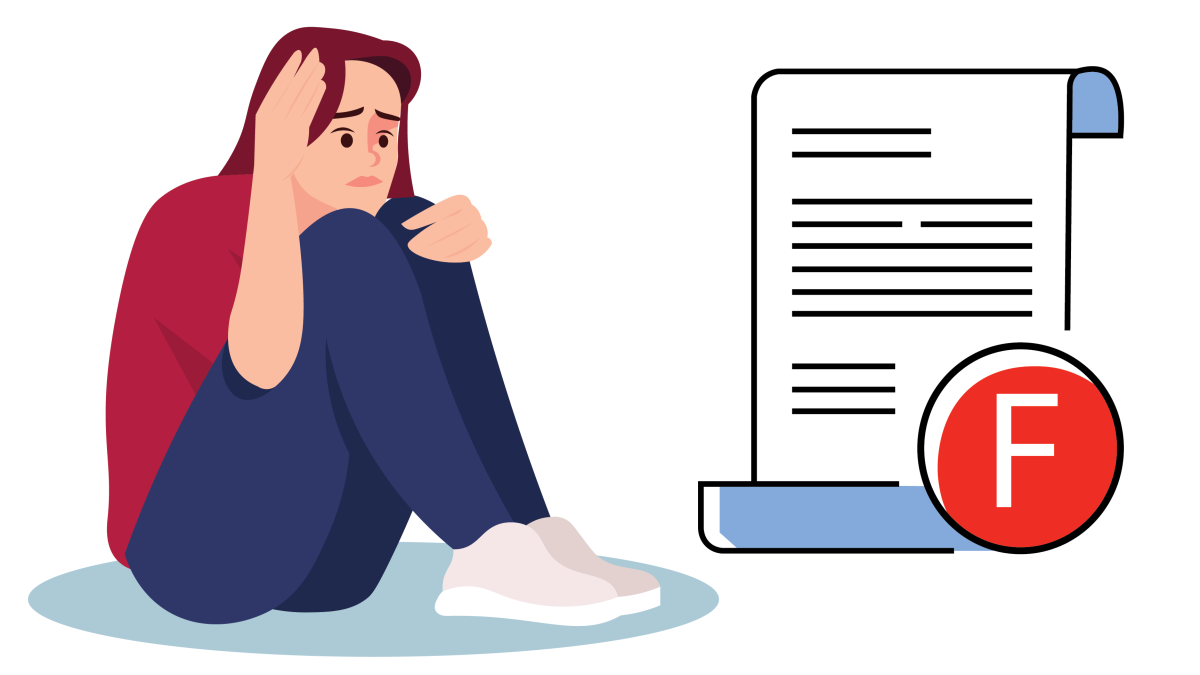Education was neglected during the pandemic. That fact has become more evident as teachers express their concerns via social media. Recently, a TikTok of a seventh-grade teacher discussing the fourth grade reading and comprehension level of his students went viral.
This teacher and several others have placed partial blame on the parents of their students. They’ve expressed that parents should have a more active role in their children’s education.
Teachers, parents and, ultimately, students have been drastically impacted by the pandemic. For students to have academic success, the adults in their lives will need to mend the learning gap that’s forming in this country.
When schools closed in March 2020, most schools offered students a pass-fail option, Zoom instruction or hybrid learning. No matter which route they took, this was harmful to students of all ages and backgrounds. This shift put teachers and parents in a tough spot as well, because the education of younger students fell into the laps of many parents nationwide.
“Teachers, for a very short period of time, became ‘heroes,’ and it seemed that we were finally going to be respected as a profession. That was very short lived. The pandemic wound up convincing parents that they were educators and knew better than trained professionals on how to educate their children. Parents now feel they are better equipped than their child’s teacher and question every decision made in classrooms,” said a fourth-grade teacher from Bossier Parish, who asked her name not be, used in fear of professional repercussions.
Yes, high school and college students also suffered through this transition, but they at least had the fundamentals to ease them into the next academic year. Meanwhile, elementary and middle school students have been struggling to learn the basics.
To relieve some pressure from teachers and parents, some schools have put new programs in place to help mend the learning gap.
“My school district and school have implemented a daily program that is worked into our school minutes called RTI, or Response to Intervention. This program was created to help identify students with learning gaps and work with students on their specific skill deficits.
The program was put in place before COVID-19 and was very successful; however, the enormous amounts of students being promoted to the next grade when they are not ready has stressed this system, and it has become less successful because of the sheer number of students needing support,” she said.
Students being passed onto the next grade without fully learning the curriculum from the previous school year will have a long -term effect on the education system. Most curricula are cumulative, so when the foundational work hasn’t been done, students get set up for failure and educators feel the pressure.
It should also be known that not all school districts have the funds to provide remedial programs for students that need it. So, children in low-income areas may continue to struggle with their education without receiving the help they need.
As students move on to higher education, the educational effects of the pandemic are becoming crystal clear. Similar to LSU, other universities are breaking records for the number of students admitted each year. While these statistics look good on paper, this doesn’t benefit student learning. Bigger class sizes and housing crises do nothing but create a more difficult learning environment for college students.
The purpose of higher education is to create young professionals and pass them through to the “real world.” It’s not good for anyone if the doctors of tomorrow couldn’t pass chemistry or read a paragraph proficiently. This gap in the education system may have detrimental effects on the workforce, economy and more if it’s not handled soon.
For students to avoid this potential reality, parents must be more involved in their children’s education. Reading a book or doing interactive activities together can make a world’s difference. School districts must also provide resources, if possible, to help students in a learning deficit.
“I would love to get back to a place where parents could be allowed back into the classrooms to help with struggling learners and be present in areas around the school so children could see the parents, teachers, faculty and administration are on the same page to do what is necessary for them to succeed,” she said.
Jemiah Clemons is a 19-year-old Kinesiology sophomore from Miami, Florida.





